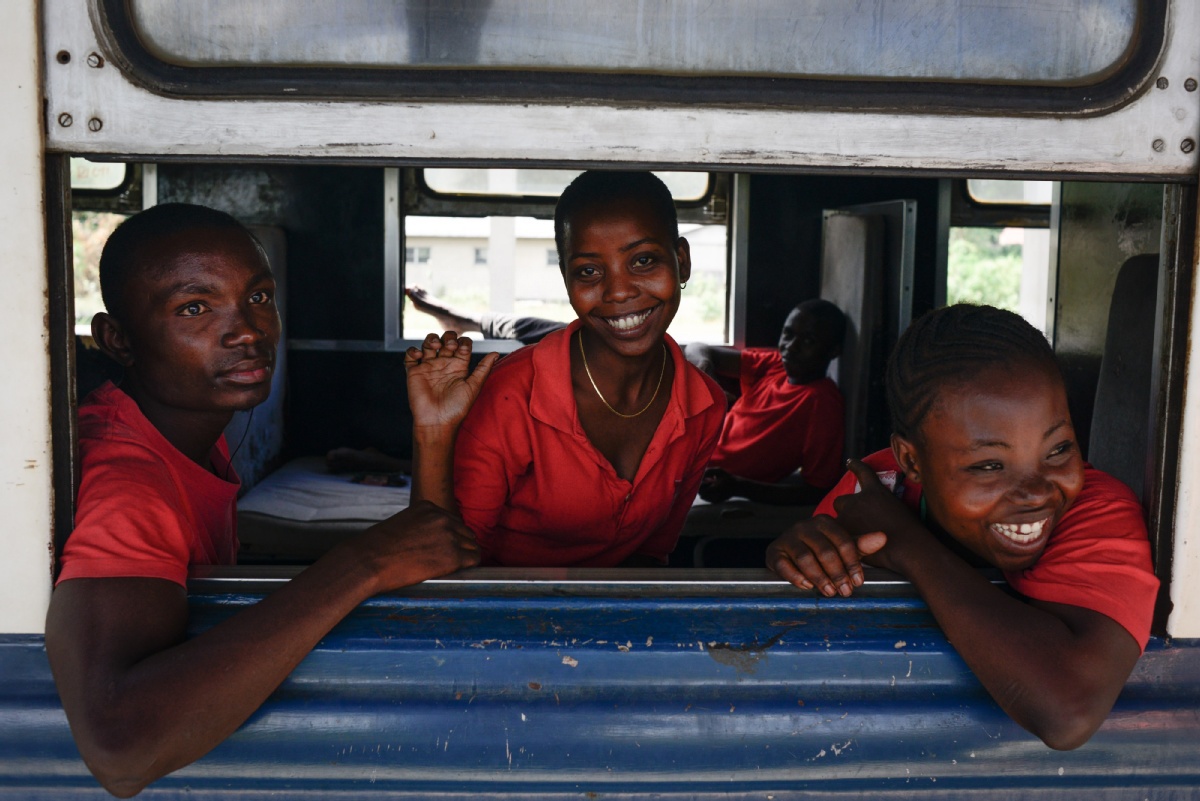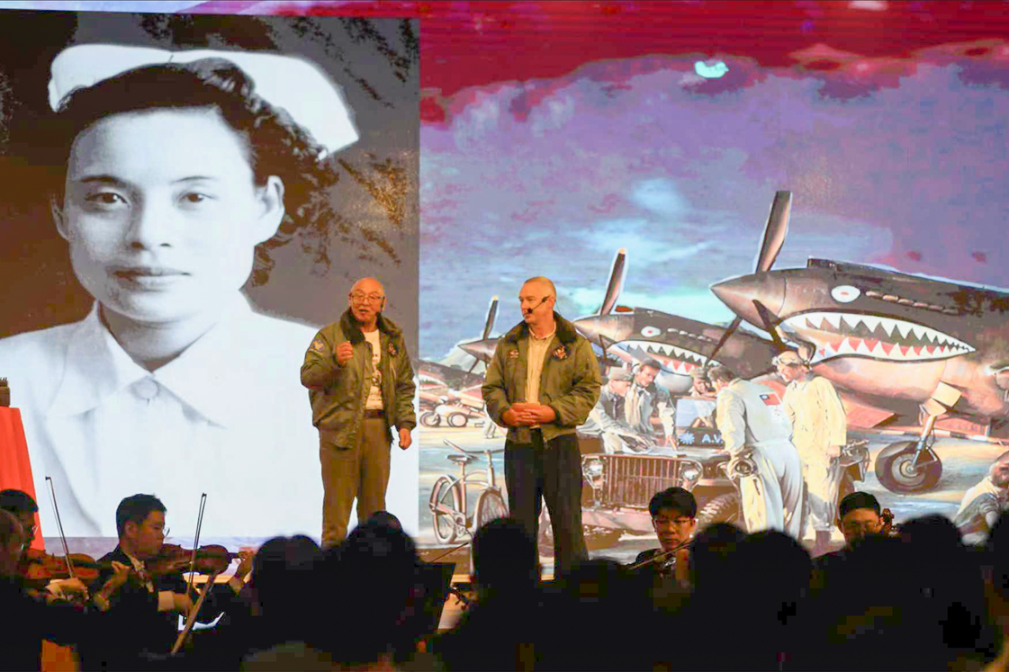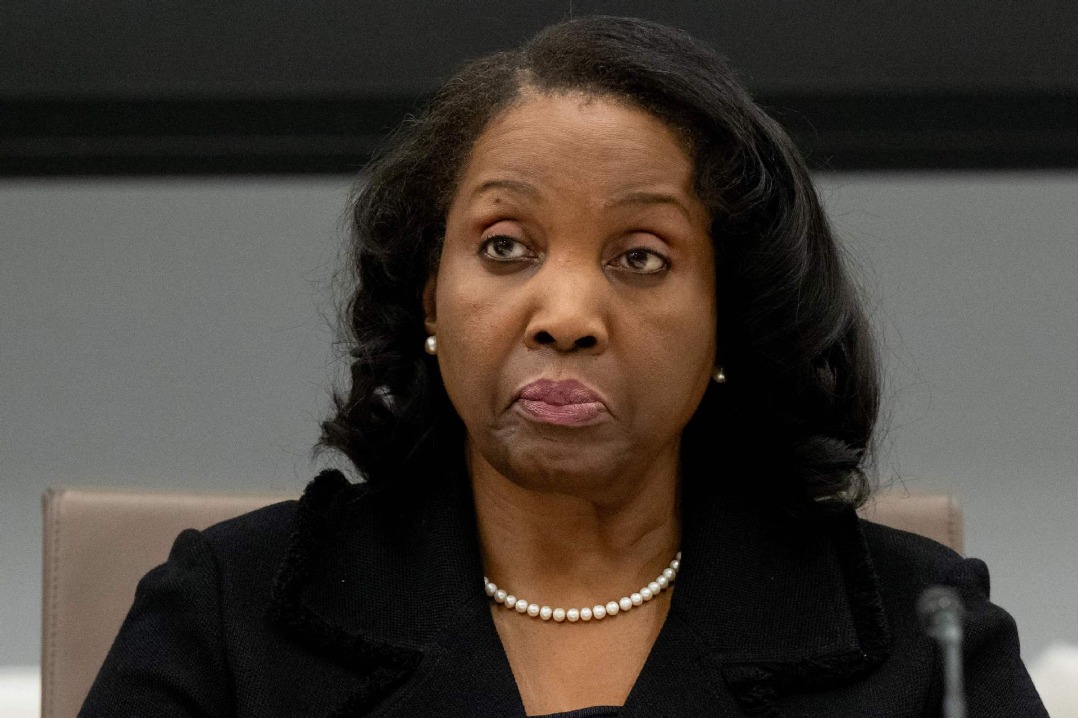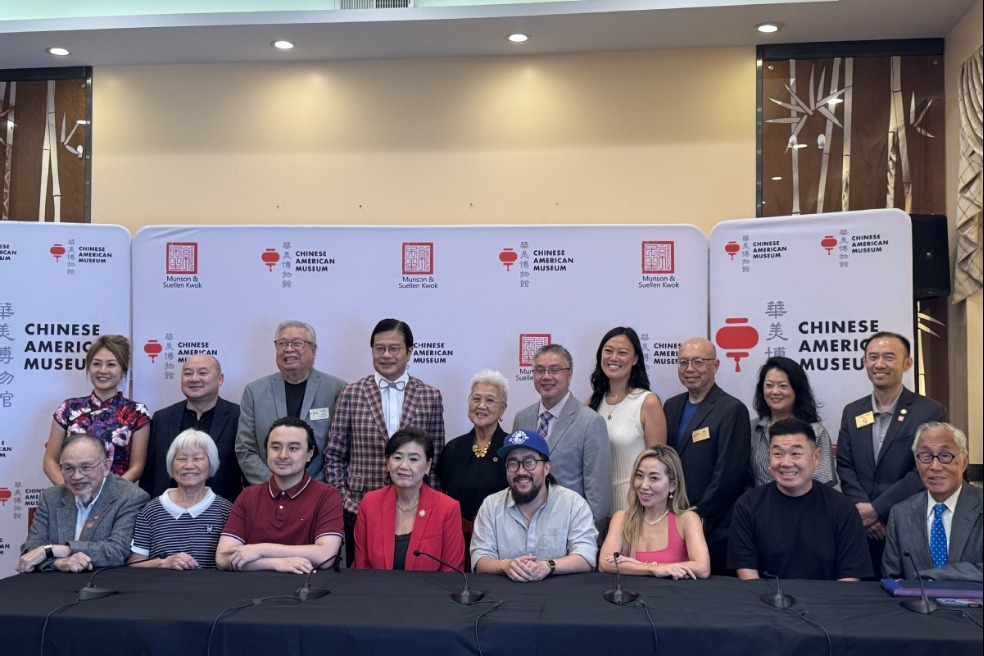Chinese aid helps put African nations on track






Basic principle
China's foreign aid began in 1950, when it provided material assistance to two neighboring countries, the Democratic People's Republic of Korea and Vietnam.
The basic principle for the country's foreign aid was formulated when Premier Zhou Enlai announced the Eight Principles for Economic Aid and Technical Assistance to Other Countries during his first visit to Africa from December 1963 to February 1964.
In the nearly 70 years since China began aiding foreign countries, it has always abided by the Eight Principles, whose key content embraces equality, mutual benefit and no political conditions.
"China's foreign aid is different from that of Western countries," Wang said. "We don't impose political strings, and we respect a recipient country's right in choosing its development path. Moreover, all our personnel for foreign aid share wealth and woes with African people and treat them just like brothers, which has impressed them a lot."
Chinese aid to Africa is also designed to help support the continent's development agenda, thus positioning China as a strategic alternative for such assistance.
George Nyongesa, a senior associate at the Africa Policy Institute, a think tank in Kenya, said: "China focuses on infrastructure development, which in turn facilitates follow-on investments. Additionally, as the West reduced aid to Africa in recent years, China has been ramping up its assistance and intends to set up an international development cooperation agency to coordinate its foreign aid."
Financial resources provided by China for foreign aid mainly fall into three types: grants, interest-free loans and concessional loans. The first two come from State finances, while concessional loans are provided by the Export-Import Bank of China as designated by the central government, according to the State Council Information Office.
China offers foreign aid in eight forms: complete projects; goods and materials; technical cooperation; human resource development cooperation; medical teams sent abroad; emergency humanitarian aid; volunteer programs in foreign countries; and debt relief.
Hisham AbuBakr Metwally, an economics researcher with the Egyptian Ministry of Foreign Trade and Industry, said Chinese aid has had a major impact on improving the lives of African people, as it targets basic services for citizens such as roads, railways and power stations, among others.
China turned to the participation of African countries in achieving their development plans, which contributed greatly to the high growth rates in nations such as Mauritius, Ethiopia, Kenya and Egypt, he said.
Furthermore, there is a large funding gap between what African countries require for infrastructure development and the money available. China contributes significantly to financing infrastructure projects, as well as the creation of more industrial zones that the continent desperately needs, Metwally said.
While sticking to the core values of the Eight Principles, China has been keeping pace with the times to transform its foreign aid system and specific ways of providing such assistance.
Wang said that in the initial stage, a number of African countries had just won their independence and were in great need of foreign development aid. China provided this in the manner required. As the country was still a planned economy at the time, the central government assigned tasks mainly to State-owned organizations.
"At the time, China was facing difficult situations both at home and abroad, and it provided all the assistance it could afford to African countries in their efforts to win independence and develop their economies, laying the foundation for a friendly relationship," Wang said.
In October 1971, China resumed its seat in the United Nations, with the support of developing countries, including those from Africa.





























